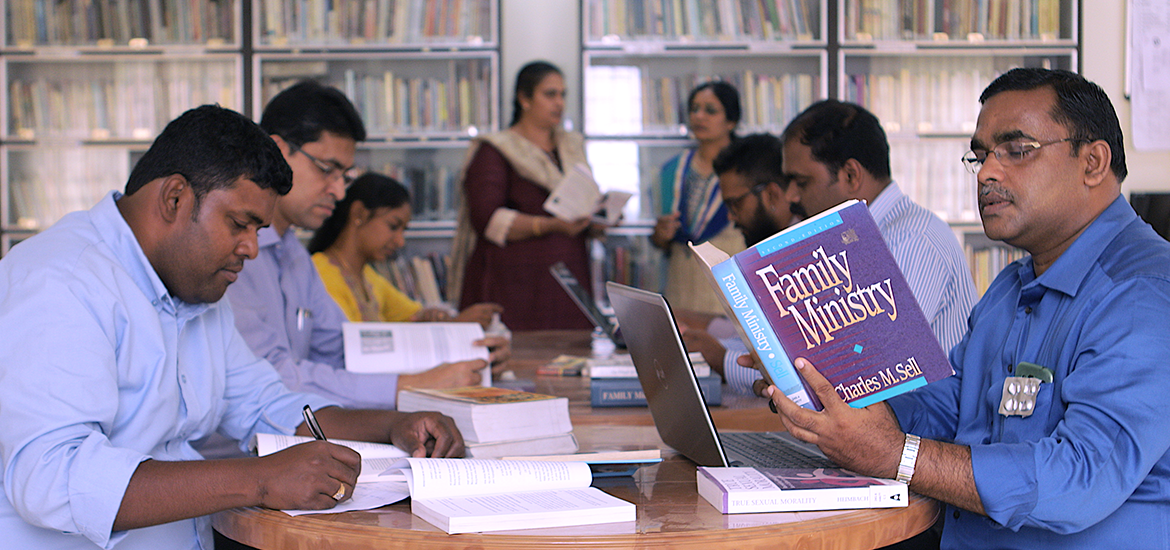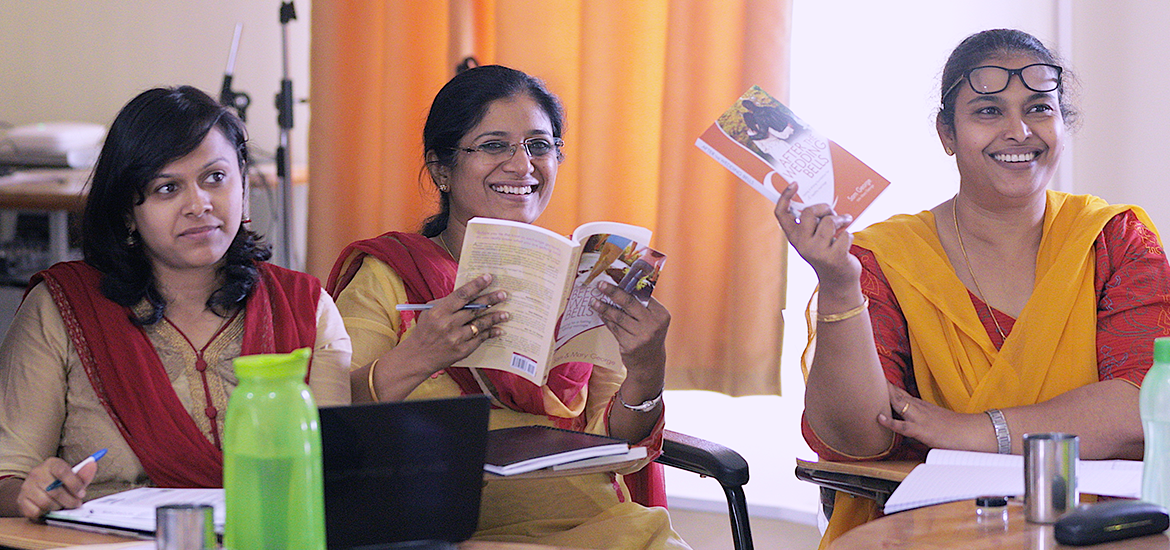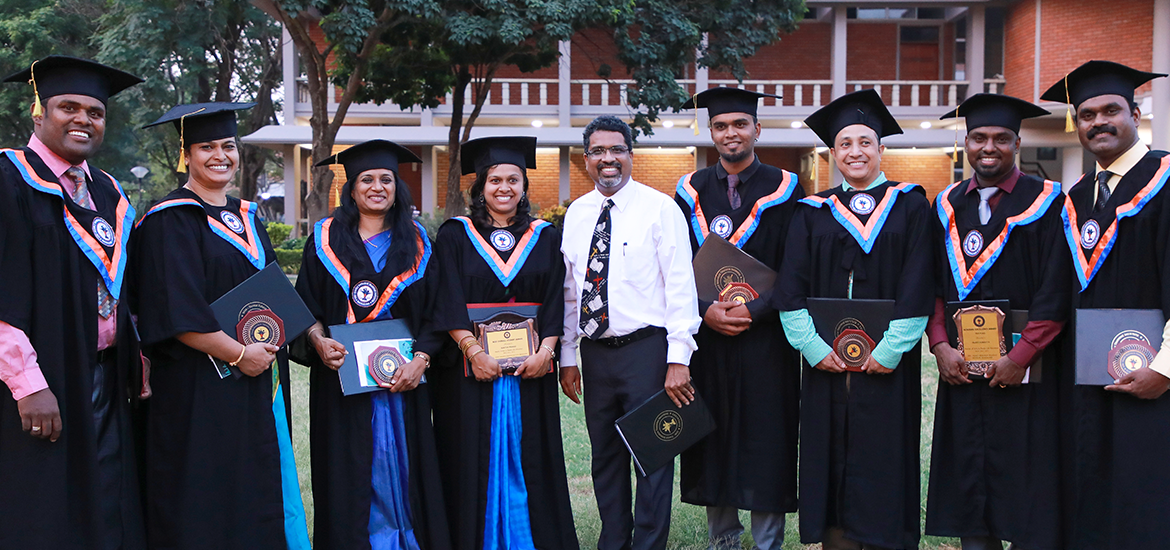What is Family Life Education ?
Family life education focuses on healthy family functioning within a family systems perspective and provides a primarily preventive approach. The skills and knowledge needed for healthy functioning are widely known: strong communication skills, knowledge of typical human development, good decision-making skills, positive self-esteem, and healthy interpersonal relationships. The goal of family life education is to teach and foster this knowledge and these skills to enable individuals and families to function optimally.
Family life education professionals consider societal issues, including economics, education, work-family issues, parenting, sexuality, gender and more within the context of the family. They believe that societal problems such as substance abuse, domestic violence, unemployment, debt, and child abuse can be more effectively addressed from a perspective that considers the individual and family as part of larger systems. Knowledge about healthy family functioning can be applied to prevent or minimize many of these problems. Family life education provides this information through an educational approach, often in a classroom-type setting or through educational materials.
Why Family Life Education ?
Family plays a vital role in the healthy development of an individual as well as that of a society and nations. Indian family values and systems are the bedrock of its civilization traits. Yet, contemporary families are under tremendous stress and are fast changing in its composition, values and outworking. The current system fails to offer adequate prepare and support for families. Unlike most aspects of life (professional, financial, social or civic) where we are expected to obtain some level of education and/or training to act in a healthy manner, the family living does not require any systematic learning. As a result knowledge and skills levels remain at rudimentary levels.
Deeply convicted of the old Indian adage – “Prevention is better than cure”, we approach family life education as a preventive measure to develop healthy relationships in all spheres and to avoid unnecessary family squabbles and breakups. We are committed to developing healthy and strong society in India and around the world. We hope to research and develop content and training to develop a network of family life educators (FLEC) across the country. These FLEs will conduct family life education and counseling regularly in schools, corporations, social and cultural groups, religious bodies and neighborhood gatherings.
Who are Family Life Educators ?
Family Life Educators come from a variety of backgrounds. They are homemakers, teachers, engineers, lawyers, social workers, doctors, managers, counselors, psychologists, policy makers, etc. They live in the cities, towns, and villages across the country. They speak and conduct family life education in different languages of India.
Family Life Education takes place in a variety of settings. There are probably numerous instances of family life education occurring in your community on any given day. There are family life educators working in health care settings—conducting workshops and classes in hospitals, secular and faith communities, junior and senior high schools, colleges and universities, social service agencies, corporate settings, government agencies, correctional and retirement facilities, as well as in the military.
How to become a Certified Family Life Educator ?
Where are Family Life Educators Employed ?
Family life educators work in a variety of settings. They bring comprehensive family training to a myriad of employment sectors and job classifications. They work in the following venues:
| Business, Consumer & Family Resources Services | Employee Assistance programs, Corporate Day Cares, Consumer Protection Agencies, Family Financial Counseling & Planning Agencies, Food Assistance Programs, Human Resource department, Family Support services, and Research positions. |
| Community-Based Social Services | Youth Development Programs, Adoption Agencies, Foster Care Programs, Teen Pregnancy Services, Welfare Assistance, Vocational Rehabilitation & Job Training, Adult Day Care, Gerontology and Long-Term Care Programs. |
| Early Childhood Education | Day Care Centers, Head start Programs, Montessori Schools, and Child Development Organizations. |
| Education | Public School Teaching in Family & Consumer Sciences with state licensure, University Teaching, Family Science Research, Family Life Education, Sexuality Education, Parenting Education, Marriage & Family Enrichment Programs, Curriculum Development, community education. |
| Faith-Based Organizations | Ministry, Family Life Education, Parenting Education, Youth Programs. |
| Family Intervention | Individual & Family Therapy Support Services, Crisis & Hotline Services, Divorce Mediation, Abuse Protection Services, Drug & Alcohol Prevention Programs, Residential Treatment Programs. |
| Government & Public Policy | Family Policy Analysis, Child Welfare Advocacy, Cooperative Extension Specialist, Military Family Support Services, Departments of Child & Family Services, Parent Coordination. |
| Health Care & Family Wellness | Public Health Programs & Services, Hospital Based Family Support, Nutrition Education, Prenatal and Maternity care, Health Centers, Long-Term Care Settings, and Hospice Programs. |
| International Education & Development | International Family Policy, Peace Corps and NGO Leadership, Global Family Planning Programs, International Human Rights Advocacy, Immigration Families Services. |
| Research | Grant Proposal Writing, Academic and Government Research in Family Science, Population & Demographic Studies, Community-Based Research for Non-Profit Family Agencies, Program Evaluation & Assessment. |
| Writing & Communication | Curriculum & Resource Development in FLE, Media and Technology Settings, Newspaper & Magazine Writing |




